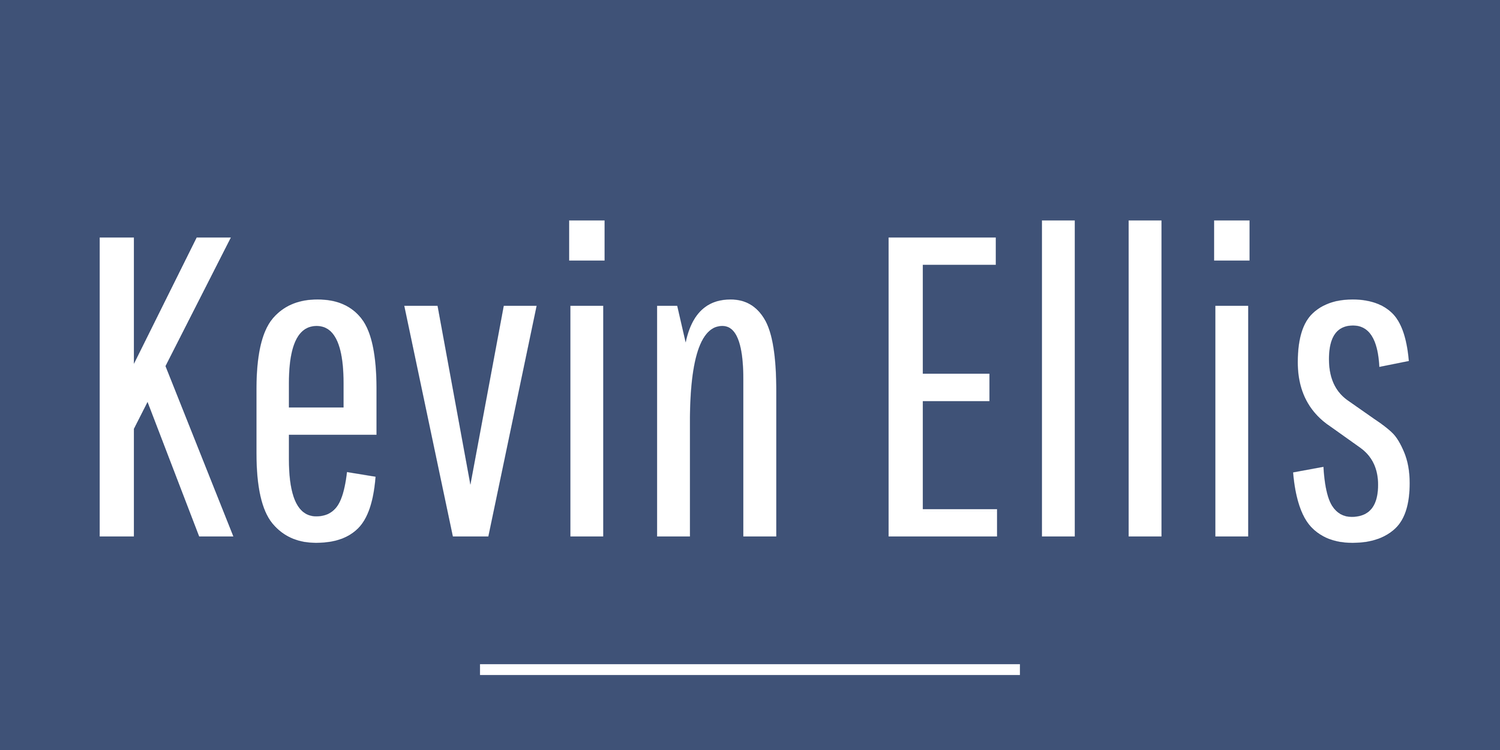A Small Area of Agreement
For those of you weary of the political landscape and my incessant writing about it, I offer you hope this week. I sooo wanted to write about why Democrats lose elections and why Trump won the votes of more than 70 million Americans. But alas, it is time for a week of common ground.
I have identified an issue, a place, an island where we can come together. My mentor and former business partner Bob Sherman was a top advisor to Vermont Gov. Madeleine Kunin. He always said when things were bad politically for the governor, it was time to pick an enemy and attack it. In his day it was the electric utilities. “They send you bad news every week,’’ Sherm would say.
Today, it is Big Tech, a convenient enemy for all sides. Trump even blamed Big Tech for his election loss. This is an issue that unites progressive anti-trust crusader Zephyr Teachout (she of Vermont) on the left and libertarian-conservatives on the right. Why? Because at so many levels - Big Tech and other corporate giants are bad for America and Democracy.
Big Tech is Amazon, Google and Facebook. To a lesser degree Apple. But I give them a hall pass because their customer experience is the best on the planet, I love their products and because their CEO Tim Cook appears to be a caring guy. I can hear the commenters now calling me a sell-out. I know. I know. Cook, like Steve Jobs before him, is a ruthless capitalist. But I still give them a pass because I love their products.
The Big Three however, are the best in the world at:
Using your personal information to spy on you and sell you stuff. (All three)
Feeding the American people misinformation about their politics and weaponize hate speech. (Facebook)
Monopolizing most of the advertising revenue that leads to the destruction of newspapers and a free press. (Facebook and Google)
Altering the brain waves and behavior patterns of young people in very unhealthy ways. (Facebook, Google and Apple)
Contracting with the national security state of the U.S. and thereby having access to the government’s biggest secrets. (Amazon)
Stifling innovation and competition by buying up young tech start-ups before they have a chance to compete.
And they do all this under the protection of federal law and the acknowledgement of the federal government.
For example, Facebook and Google are not deemed “publishers’’ under federal law. That means they are not responsible for the misinformation and lies they allow to be posted on their sites. Whether it is Russian hackers, Trump and his people or conspiracy types, it is all protected.
Amazon has a division called Amazon Web Services (AWS) that contracts with the federal government to provide cloud computing platforms. Total revenues: $35 Billion. Major customers: The CIA and Pentagon. That means the national security secrets of the US are stored on giant servers at Amazon, the same people that manipulate the buying habits of most Americans. What could possibly go wrong?
What is the problem with this? Let’s go back to Teddy Roosevelt, a Republican, who sought to break up giant Trusts, or corporate monopolies, so they could not control prices and stifle competition. Congress passed the Sherman Anti-Trust Act in 1890 and the Clayton Act in 1914 to protect Democracy from anti-competitive behavior. The New Deal era saw passage of Glass-Steagall, which broke up big banks and spurred competition.
Within the Justice Department, an anti-trust division was created.
Where is the common ground on this issue?
Breaking up monopolies is good for democracy because it reduces the corporate power of companies that have grown bigger than most countries. It also unlocks enormous shareholder value. When AT&T was broken up in the 1970s, it created seven so-called baby bell companies and turned its equipment arm into Lucent Technologies. These companies made a lot of people very rich, including middle-class managers, and unleashed a torrent of competition in the system that drove down prices and forced the companies to innovate. The system is not perfect today. But what Republican could be against monopoly breakups that lead to prosperity for all, innovation through competition and strengthening Democracy.
The current Republican fantasy is that Facebook is stifling free speech by right wing groups. That is wrong. But let’s accept the premise. If you want to stop Facebook from suppressing your free speech, you should support breaking it up so that it doesn’t have so much control over that speech. It is right here where Republican Party fealty to corporate power (kinda socialist actually) runs head-long into its professed love of freedom and competition.
So I’m for breaking up Big Tech because it will unleash billions in corporate wealth for shareholders, spur innovation and protect Democracy. Who can disagree with that?
Or as Judge Learned Hand said:
“…unchallenged economic power deadens initiative, discourages thrift, and depresses energy….it is possible … to prefer a system of small producers… to one in which the great mass of those engaged must accept the direction of a few.’’
Or as the Vermonter Teachout says in her book:
“We can continue down a path of corporate concentration, gradually ceding authority over our lives to a few hundred individuals, or we can rise up to break those companies apart and then with power appropriately distributed, begin the ongoing, endless, but beautiful, human, moral work of self-governance by free people.’’
We shall see which road they choose. But I am already hearing Republican senators warning President-Elect Biden not to be too aggressive in the anti-trust area. Guess we know.
Sources:
Break ‘Em Up, Recovering our Freedom from Bug Tech and Big Money, by Zephyr Teachout.
Capitalism & Freedom, by Milton Friedman
Evil Geniuses, The Unmaking of America, by Kurt Andersen

